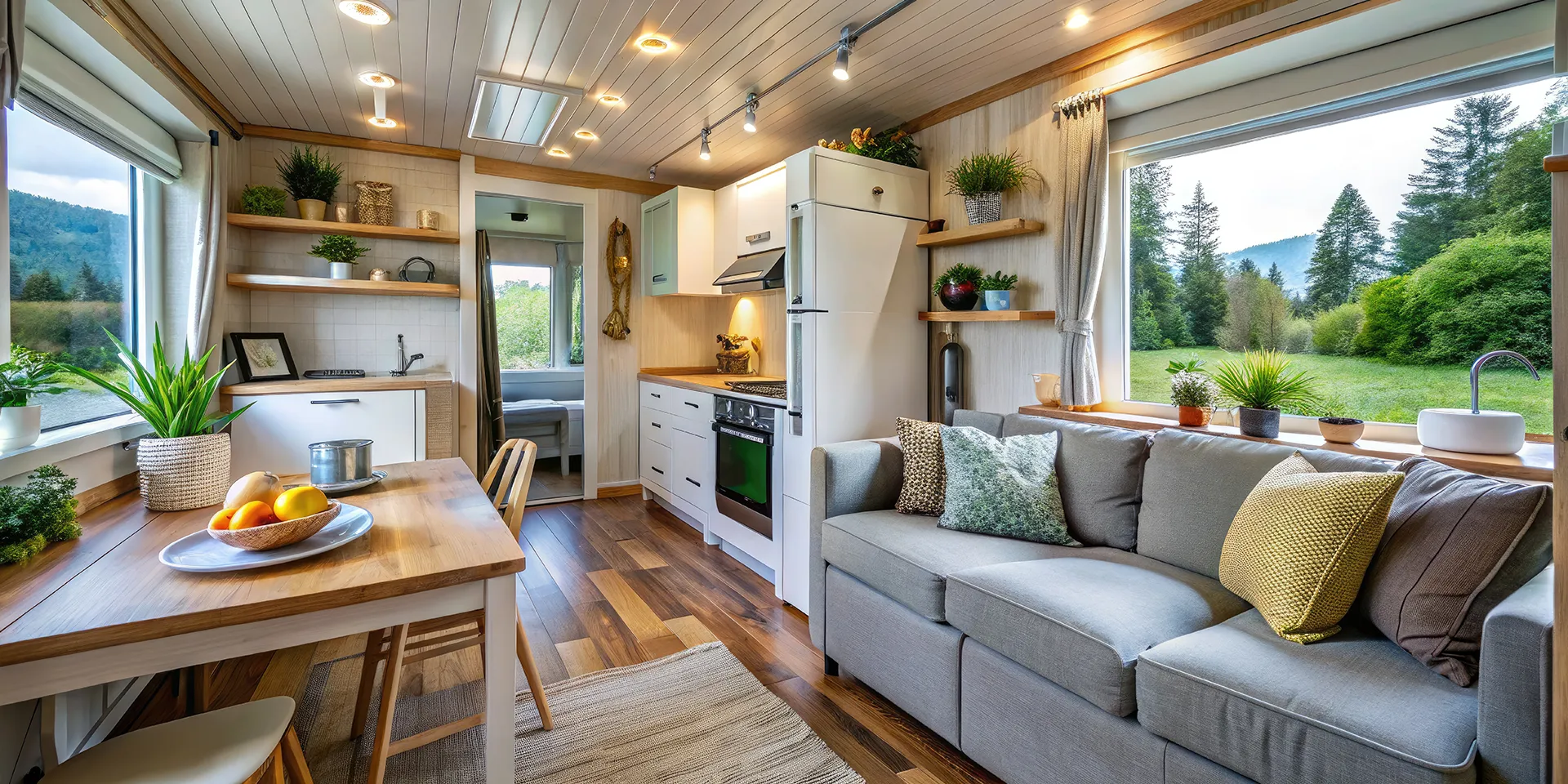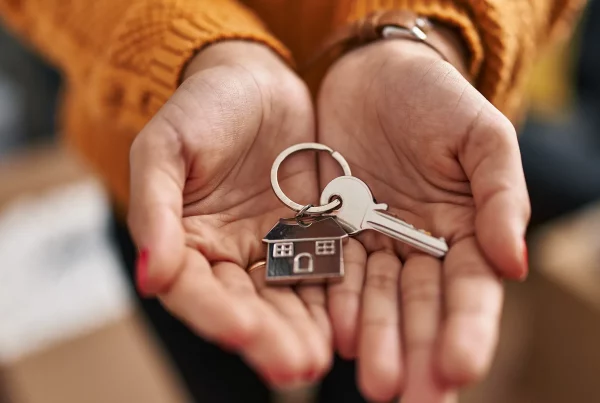What is a chattel mortgage used for? Loan function and utility are the critical components to understanding chattel loans. By definition, chattel refers to an item owned by an individual. At the same time, a mortgage is an agreement where a lender provides money to a borrower to purchase an asset, with the asset serving as collateral for repayment of the loan plus interest over a set period. Chattel loans often offer lower interest rates than unsecured loans but higher rates than traditional mortgages. That said, manufactured home buyers often benefit from traditional mortgages over chattel mortgages because the interest rates associated with a chattel loan are significant.
What is a Chatel Mortgage used for?
Business Equipment Funding
Large and small businesses frequently use these types of loans to provide financing options for purchasing various assets. Overall, while personal loans and car loans are more commonly associated with individual consumers, chattel loans are primarily used by businesses for financing movable assets. Considering the cost of machinery, there is a significant need for heavy equipment loans; chattel loans often finance vehicles, tractors, and different kinds of moveable property. Regarding loan payoff, monthly payments are either fixed rate or allow flexibility for seasonal cash flow. Ultimately, these types of loans are popular among agricultural and construction-based industries.
“The main benefit of a chattel mortgage is the tax breaks. It is by far the best car loan option for businesses.” – Bill Tsouvalas, CEO, Savvy.
Real Estate
Additionally, chattel mortgages finance movable assets within the realm of real estate. Since many traditional mortgages shy away from mobile and manufactured property types, mortgage lenders often use chattel loans for movable home purchases.
Many Americans purchase mobile homes/manufactured homes and various types of moveable property with chattel lending. The mortgage holds the financed property as collateral. With chattel mortgages, the moveable property is always financed or owned separately from the land it occupies.
Tiny Homes/Modular Homes
Buying a tiny home has become very popular recently, and traditional lenders seldom offer financing options to those buyers. Often, tiny homes occupy lots owned by someone else and leased back to them. Since the landowner pays property taxes and provides electricity and plumbing In these situations, tiny homes do not meet the property requirements for conventional lending. On the other hand, chattel loans work great for funding these types of properties.
Defaulting on a Chattel Mortgage.
What is a chattel mortgage’s response to borrower default? If the loan defaults, the financial institution will take possession of the movable property and sell it to repay the original loan.
According to the Consumer Finance Protection Bureau (CFPB), “Around 42% of manufactured home purchase loans are “chattel” loans, which are secured by the home but not the land. In general, chattel loans have higher interest rates and fewer consumer protections than mortgages. Consumers may choose to get chattel loans to avoid putting the underlying land at risk if they default on the loan.”
Additionally, the low acquisition costs and loan processing fees make chattel mortgages work well for most informed and prepared borrowers. Since manufactured homes house 21.2 million Americans, funding this affordable housing solution is a priority. But only some homes will qualify for a traditional loan. In fact, only 27% of manufactured home loan applications resulted in the loan being financed, compared to 74%of applications for site-built homes.
Even so, buyers should be aware of the lack of scrutiny over chattel mortgage lending practices. In most cases, there are minimal options and limited resources for a chattel loan refinance due to economic hardship. In fact, to refinance a chattel loan, the property often has to be paid off entirely or converted to real property.
What is a chattel mortgage and how does it differ from other loans?
Chattel mortgages vs. Traditional Loans.
The chattel loan application process, rules, requirements, and regulations differ from traditional lending. Here are some key aspects that separate the two lending options.
Minimum of 5% down payment
Land lease cost is considered in loan qualification
Higher interest rates
Higher credit score requirements
Shorter loan terms
Shorter terms equal higher payments
Must be movable property
Solid record of timely payments
Both chattel mortgages and traditional loans qualify for tax deductions.
A property or structure permanently attached to the land is considered real property or non-movable. Most importantly, when a homebuyer owns real property, they also own the property rights. Giving them options to lease, sell, live upon, and develop their property. These types of property are eligible for traditional, FHA, and conventional mortgages. Additionally, The Housing Authority for Urban Development (HUD) provides a government-backed Manufactured Home Loan Program that offers homebuying options for manufactured homes, depending on personal finances, work history, and creditor ratings. In addition, traditional mortgage lenders require a property to have a permanent foundation, a minimum square footage of 400, and a minimum loan amount. Often, modular and mobile homes do not qualify.
More often than not, buying a home on leased land requires chattel mortgages—a chattel mortgage finances personal property, not real property. When homebuyers use a chattel loan to finance moveable property, often the buyer funds the home itself but not the lot it occupies. Regarding consumer protections, financing movable personal property differs from traditional lending practices because of property depreciation and the lack of land ownership. Often, movable property is much cheaper than stick-built/real property.
What is a Chattel Mortgage lender going to ask?
When a buyer is considering a real estate purchase with a chattel loan, traditional lending on real property is often a better option, and any experienced lender will ask about alternate lending options. Considering the cost of monthly payments for lot fees and leased land payments, chattel loans are risky in addition to repayment of the loan amount. Subsequently, many lending providers advise homebuyers against purchasing mobile and manufactured homes on land owned by someone else.
Real Property
Undeniably, real property accrues value exponentially higher, and the benefit of that appreciation translates into a more secure financial future. Overall, the rules and property standard limits set by traditional financing provide peace of mind that the property is safe and secure. As the adage goes, cash is king. With this in mind, buying real property with a higher return on investment is optimal.
To conclude, the best gift a potential homeowner can give themselves is peace of mind. Ultimately, grasping what is a chattel mortgage empowers borrowers to make informed choices. Naturally, peace of mind comes from education and informed decision-making. Taking everything into consideration, partnering with an experienced lender is invaluable. Uncover the depths of mortgage lending opportunities by engaging with a loan expert who can help.
The steps are simple:
1. Schedule a Call: An experienced loan officer can discuss your lending needs and guide you through the possibilities.
2. Get Approved: We’ll help you through the mortgage application process and facilitate the steps for approval.
3. Exhale: Put your feet up and feel secure knowing you made the best decisions about your home loan.
With proper guidance, you can get your first home, accommodate your growing family, and start that renovation project—whatever goal is on the horizon. An alliance with Mortgage Insiders will give you the confidence to know that your mortgage loan is setting you up for financial success. Mortgage Insiders offers today’s latest financial news and mortgage trends. Check out their channel for current events.





